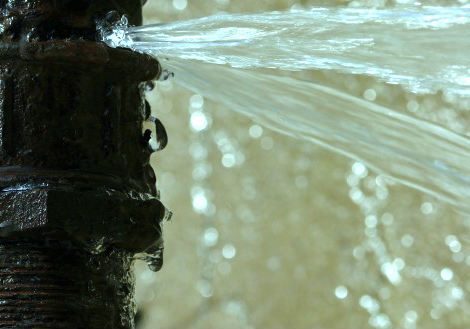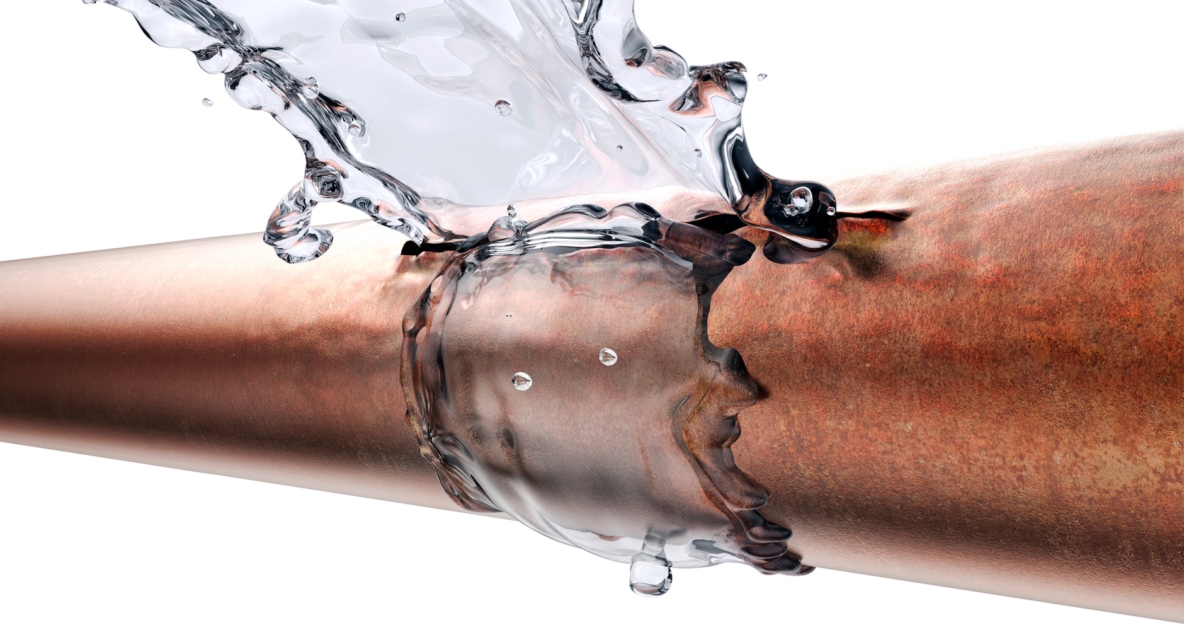Listed here down the page yow will discover additional excellent data with regards to What You Should And Shouldn’t Do When Dealing With Water Damage.

What should you do if a water pipe bursts in your house? Do you want a mini-waterfall and flooding in an area of your home? If you find yourself in this circumstance, you have to act quick. The longer you wait, the a lot more serious the damage that can happen to your property. The clearheadedness is type in these occasions. For these factors, you need to find out just how to act in case of a burst water pipe. Check out the adhering to suggestions listed below to assist you act quickly since time is of the essence.
Shut Off the Key Waterline Valve
The first thing to do? Shut the shut-off shutoff. Search for the local shut-off shutoff to shut off the water in one certain area just. If you do not recognize where the local shut-off valve is, go with the main water line shutoff and also turn it off. This step will certainly cut off the water immediately in your entire home. Usually, the major valve is discovered outside the home alongside the water meter. If it's not there, you can also find it in 2 areas: in the basement at eye degree or the 1st flooring on the ground. Normally, contractors put the shut-off shutoff in the main ground level washroom or ideal alongside it.
Call Water Damage Repair Pros for Help
After closing the water source, call the experts for help. With their expert help, you can stop much larger water damage including warped baseboards, loosened ceramic tiles, or harmed frameworks.
Paper the Damages For Insurance policy
While you're waiting for the pros to show up, get some paperwork of the damage triggered by the wayward pipe. Do close-up shots of the damaged areas as well as belongings.
Recover Things That Can Be Saved
Check out the damaged things and take out the most vital ones from the pile when you're done taking images. Dry them off in a dry/warm location away from the broken location and attempt to maintain them as long as you can. Drag as much moisture as you can to the product so it can start to dry out.
Begin the Drying Process
You require to begin the drying procedure immediately. Thankfully, the water from your waterlines is currently clean so you do not need to stress over sewage system water. However, the moving water may have disturbed the dirt and particles in your rugs and floorboards. In this situation, put some handwear covers on as well as begin some damage control. Usage buckets to discard out the water. Blot out as much water as you can from the surface areas with old towels. Activate an electric follower or open your windows to advertise air flow. These steps will certainly hasten to completely dry and prevent mold as well as mold growth.
Specialists are the only people certified to evaluate appropriately as well as deal with the burs pipes as well as succeeding damage. As always, pipelines don't just unexpectedly burst out of the blue. They generally give silent warnings like bubbling paint, water spots. Unusual noises in the plumbing, caving ceiling, mildewy smell, or peeling off wallpaper. Remember of these indicators and do some preventive measures so you can nip any type of concerns in the bud.
What should you do if a water pipeline ruptureds in your house? For these reasons, you require to find out how to act in the event of a ruptured water pipeline. After shutting the water source, call the experts for aid. With their expert help, you can stop a lot bigger water damage consisting of warped baseboards, loose ceramic tiles, or harmed frameworks. Thankfully, the water from your waterlines is currently tidy so you don't have to worry regarding drain water.
Water Pipe Burst: Steps You Need to Take Now
Freezing Temperatures
If you live in a climate where temperatures drop below freezing, be aware of the heightened potential for pipe problems.
When temperatures drop, the water inside your pipes may turn to ice. As more water trickles in, the frozen area grows… and the frozen water expands.
Over time, the pressure may be too much. Bonds in the pipe weaken and cracks form. When the ice finally melts, the temperature change can shatter both the ice and the surrounding pipe. If the pressure is strong enough, the pipe bursts.
Rust and Corrosion
Corrosion is another common cause of burst pipes. Rust and corrosion build up inside pipes, especially in older homes and in areas where water has a high iron content.
Over time, the corrosion weakens pipes, leading to an increased chance of a burst. Steel pipes are especially susceptible to rust.
To prevent rust and corrosion, replace steel pipes with plastic or copper. These types of pipes tend to resist corrosion longer.
Tree Roots
When trees around your home grow taller, their roots grow downward and outward, too. Sometimes, roots come in contact with water pipes.
In a battle between tree roots and pipes, the roots usually win. As roots continue to grow and press against the pipes, the pipes crack, leading to leaks.
To keep roots from encroaching, be sure to plant trees far from your water pipes. Choose slow-growing tree varieties that have small root balls.
If trees are already encroaching, you may try to add a physical or chemical barrier to prevent roots from accessing pipes.
Clogs
You already know that clogs can back up your sink and shower drains. But did you know that they can lead to burst pipes, too? A clog can cause water pressure to build up behind it, especially if it’s deep within the system.
That’s why it’s important to be mindful of what gets poured down the drain, goes into the garbage disposal, and flushed down the toilet. Limiting drains to water and approved materials can help prevent deep clogs.
What Happens When a Water Pipe Bursts?
Speaking of water damage, what happens after a water pipe burst? The bad news is that, if left unrepaired for too long, a burst pipe can result in serious damage to your home.
First, there’s mold growth. After just three days, mold and mildew can start to grow. Mold loves dampness; if the water sits too long or areas don’t get thoroughly dry, mold can take over.
Mold exposure has been linked to respiratory problems. It’s especially bad for those with allergies or asthma, as it can exacerbate both issues.
If you want to sell your home, mold can really throw a wrench in your plans. It’s important to prevent the growth of this toxic substance.

As a serious person who reads on What You Should And Shouldn’t Do When Dealing With Water Damage, I figured sharing that article post was beneficial. Do you know about another person who is fascinated about the niche? Why not promote it. I truly appreciate reading our article about What You Should And Shouldn’t Do When Dealing With Water Damage.